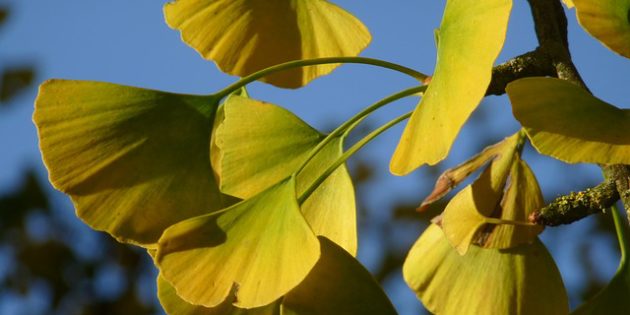Have you ever heard someone back up some argument with “well research has proven that….”
Now I used to be impressed by those sorts of statements because I thought they had done their own reading around the subject and of course if research has proven that… (whatever “that” might be) then it must be true.
Somewhere at sometime young and intelligent researchers have donned their white coats, looked patronisingly over the top of their specs and have announced “our findings show that….” (whatever “that” might be). These findings then get published in some obscure journal, a rather keen writer for some book or popular publication stumbles across the report, adds a bit of readership friendly spin and all of a sudden this research is being quoted by every living room armchair expert to justify their own often convoluted opinions.
As someone who is avidly interested in improving my memory and mental alertness and abilities and in helping thousands of others to do the same, I am naturally drawn towards any article on research associated with memory improvement.
Only last month there was a short filler article in the March edition of New Scientist Magazine that had the headline:
“Ginkgo Could Aid Memory Formation”
It seems that the university of California have discovered that people with Down’s Syndrome can have their memory boosted using a Gingko tree extract. Combined with an unpronounceable drug (thankfully known as PTZ), Ginkgo helps block a neuro-transmitter called GABA (the Hut maybe?) which inhibits neurons in the hippocampus (a part of the brain important for memory formation).
In terms I can understand, there is something in the brain that gets in the way of memories being formed in the part of the brain important for forming memories and Gingko and PTZ blocks whatever that is.
Fantastic I thought – another study that is confirming the long held belief by certainly some sections of the alternative medicine community that Gingko Biloba is good for your memory.
And then at the weekend, the Times ran an even shorter filler article about Gingko Biloba and memory improvement. In a 13 year study designed to discover whether Gingko protects against long term memory loss, the guys and gals in white coats found that people who took it were 24% less likely to die during the study. So perhaps taking Gingko is the secret to a longer life?
Mmmmm interesting, but what about memory improvement? Does Gingko Biloba help improve my memory because I don’t want to live any longer than my normal life expectancy if I can’t remember any of it!
Well apparently the article quite simply says “They found it doesn’t”.
So in the space of just a few weeks, two very different articles in respected publications offer somewhat contradictory reports about the usefulness and value of taking Gingko Biloba to improve your memory.
So who is right?
Well it is difficult to make any useful conclusion on the scant evidence offered in the reports of both studies. Of course if you are in the “Yes Ginkgo does help improve your memory” camp then you will be drawn towards one study and might suppress the other. Likewise if you are an advocate of the “Gingko for memory improvement – Crap!” school of thought then we know which study you’ll be quoting don’t we.
Still that doesn’t help us decide whether or not we should seriously consider incorporating Gingko Biloba into our diet if we want to experience a better performing memory.
So I have done a little of my own memory research on your behalf and found even more contradictions about the benefits or not as the case may be. However I did find a brilliant article called “The Lowdown on Gingko Biloba” on the Scientific American Website.
They conclude that there is some weak evidence to suggest that taking Gingko Biloba does help with cognitive performance (eg memory) under some conditions but not enough to make a global positive statement to that effect. First of all there are too few studies and many of them involve too few subjects to make a strong statement. However encouragingly they do say that there are enough positive findings to warrant further research in this area.
It is a good article and easy to read (albeit with the occasional scientific term to confuse and bemuse) and I’d recommend that you go and have a read of it.
But where does that leave you with taking Gingko Biloba (or not) as the case may be? Well I take it every day because I believe it does help memory performance based on the little I have read about it. Now I may be strongly influenced by the marketing blurb of the Vitamin Supplement industry (which can be very compelling) and I do not have any strong research to back up my decision. But it is a natural root extract, I take the recommended dose and it certainly won’t do me any harm (as long as I am aware).
Chinese medicine is a strong advocate of it and that is good enough for me.
I suggest you read what is out there and make your own decision. Let me know what you think. Of course it does go without saying (but I will say it anyway) – Always consult your doctor before making any changes to your diet or taking supplements to enhance it.
